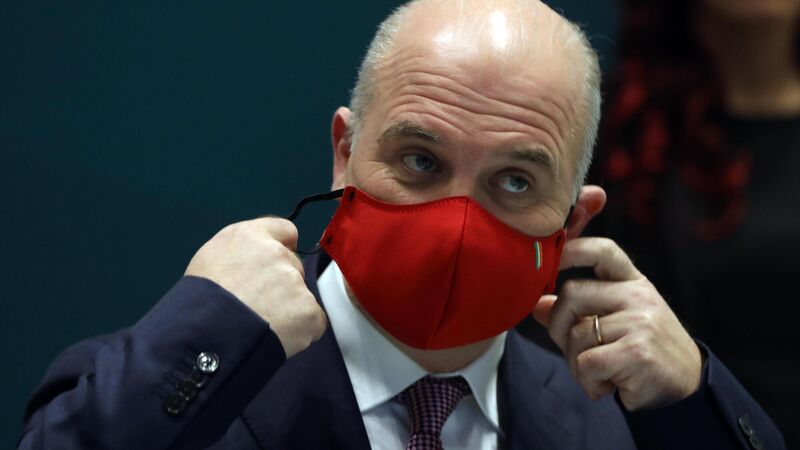Nphet predicts 2,000 hospitalisations in January in worst-case scenario

“About one-third of the cases now being reported can be attributed to Omicron,” said Dr Tony Holohan on Friday. Picture: Leah Farrell/RollingNews.ie
The Omicron variant now makes up 35% of cases here, the chief medical officer Tony Holohan has said and it is expected to dominate in less than a week.
Modelling for potential scenarios shows between 8,000 and 20,000 new cases per day depending on the restrictions and reductions in contact in place.










